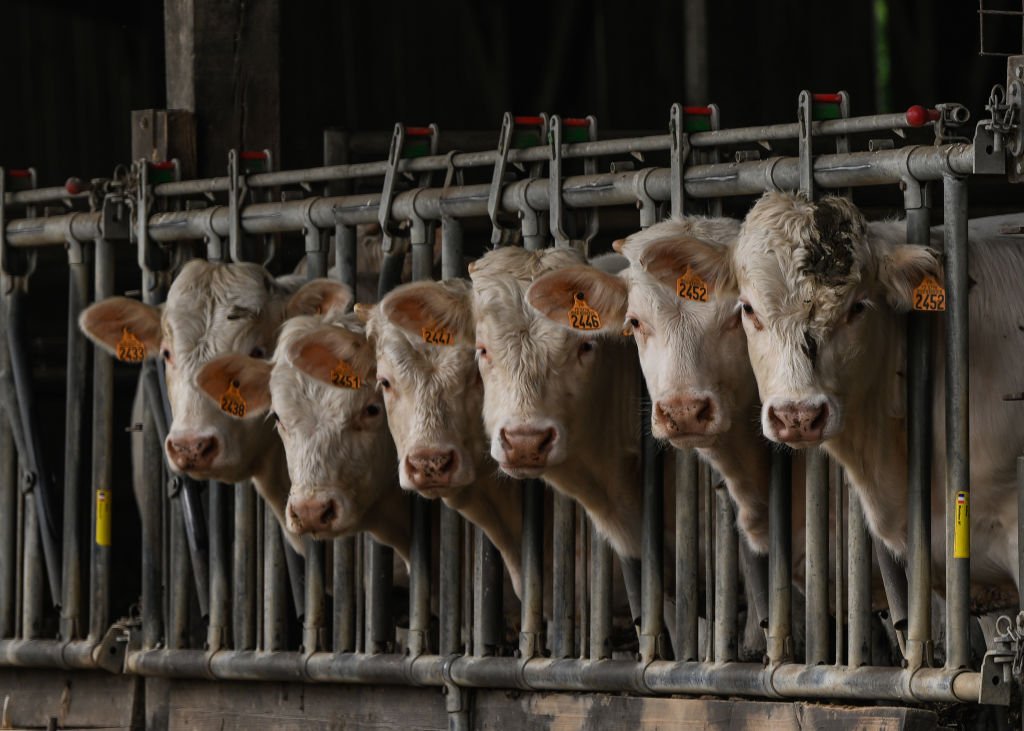French farmers are protesting against eradication measures for lumpy skin disease (LSD), which require the mass slaughter of all animals in affected herds. The government says its response is proportionate.
On 29 June, France confirmed its first outbreak of LSD in cattle in Savoie. The virus has since spread and now affects 77 herds in three departments, including a new case detected over the weekend, the Ministry of Agriculture told reporters on Tuesday.
Harmless to humans, LSD affects cattle by causing fever, skin nodules, reduced milk yield, possible bull sterility, skin lesions and sometimes death.
To contain the virus, the ministry has imposed restrictions since 16 July, including movement bans, compulsory vaccination and the “total culling of infected herds”. Although accompanied by increased compensation for farmers, this last measure has sparked strong backlash.
The strategy implemented “is a political choice that could be different and is not based on scientific and health consensus” said the Confédération Paysanne, a left- and green-leaning farmers’ union, on Monday.
“The measure is not only a health measure, but primarily an economic one,” said the union’s spokesperson Stéphane Galais, who argues that the government’s goal is “to maintain France’s disease-free status, which guarantees the possibility of export.”
Confédération Paysanne is not the only union opposing the government’s measure.
Last month, a farmer from Savoie, together with the right-wing farmers’ union Coordination Rurale, filed a request with the Grenoble Administrative Court to have the order to slaughter his livestock overturned. However, the court rejected the request, confirming the “legality, necessity and proportionality” of the measure.
Appropriate solution
At the EU level, since LSD is a disease that does not normally occur in the Union – and is therefore classified as a ‘Category A’ disease – the legal framework is stricter than for other diseases.
In the event of an LSD outbreak, EU law provides that “all animals of listed species kept in the affected establishment shall be killed as soon as possible on the spot.”
France therefore maintains that its measures are appropriate.
“An animal can be sick without (…) being detected by testing,” French Agriculture Minister Annie Genevard told the national radio station France Inter on Tuesday, reaffirming her intention to “wage a relentless battle against this disease”.
The decision to cull all the animals was “based on recommendations from veterinary authorities and scientists”, she said on 16 July.
“If we do not quickly dry up the source of the virus by completely depopulating the hotspots, we will not be able to control the spread of the virus and the number of hotspots will multiply”, Laurent Perrin, director of the National Veterinary Union (SNVEL), added at the time.
(adm, aw)





